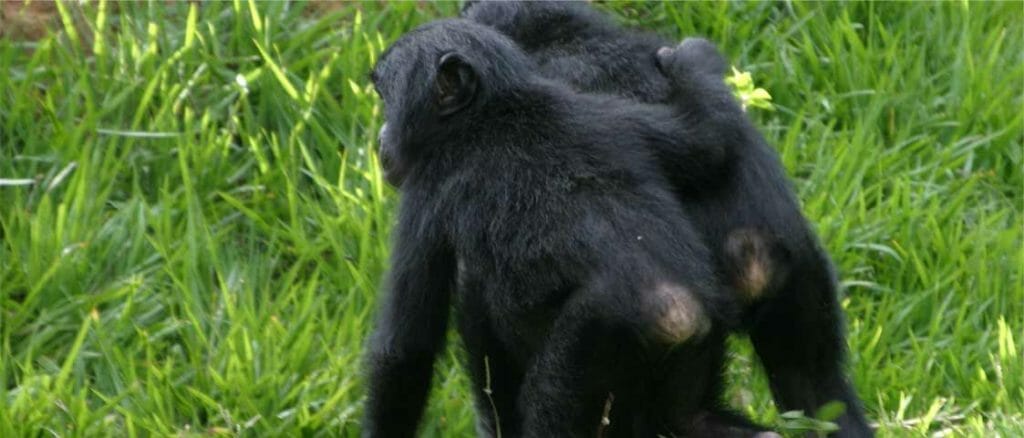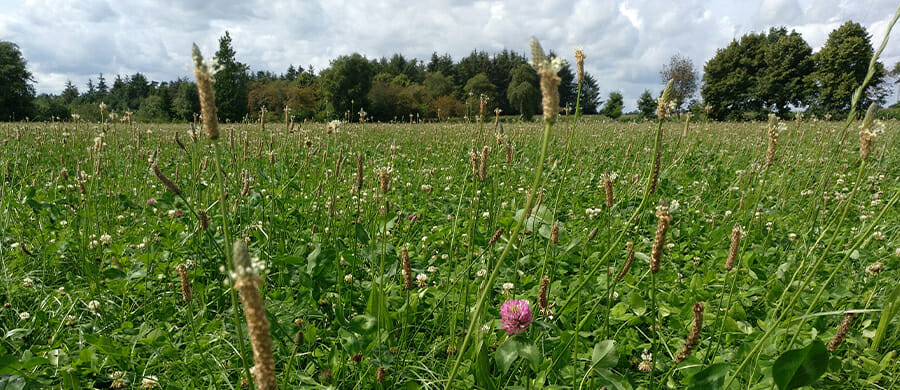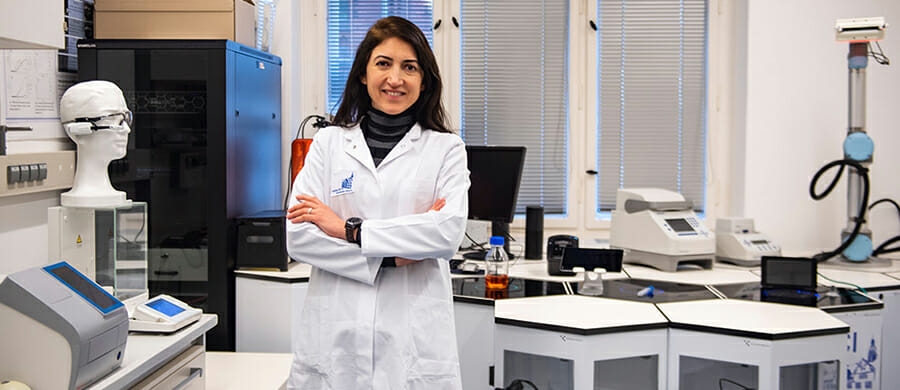UNIVERSITY OSNABRÜCK
Institute for Cognitive Science / Cognitive Biology
DATA & FACTS
Project
Turn-taking (2019-2025)
Scientific contact
Prof. Dr. Simone Pika
EU-Funding line
Horizont 2020, ERC CoG
Projektleitung: Prof. Dr.-Ing. Arno Kwade
Projektname: „Li-Ion Pilot Lines Network“ (LiPLANET)
Keywords: Energie, Mobilität, Partner
Turn-taking – The communicative interplay
Osnabrück scientist researches the “missing link” of language evolution
Is cooperative communication unique to humans? This view is challenged by Prof. Dr. Simone Pika, a cognitive biologist, in her ERC Consolidator Grant project “Taking turns – The ‘missing’ link in language evolution?”.
Here, Pika and her team of six are looking at the system of “turn-taking”, the communicative interplay. This cooperative and interactive structure also underlies our language and manifests itself in the rapid and reciprocal exchange of information impulses between the participants.
Which parent doesn’t know this: the baby is sitting on the floor and wants to be picked up. To do so, it stretches out both handsand shows its intention to the mother or father. The parents react abruptly and without thinking about it to the little one’s hand movement, move towards the child and pick it up: a classic turn-taking situationin humans. Long before human children use spoken language, they are already able to enter into a communicative interplay with their parents within the framework of vocalizations and gestures, and thus exchange information with their environment.
Cooperative turn-taking skills precede gestural and linguistic skills and are thought to play a key role in language development. Thus, to look at children’s language is to gain insight into evolutionary language development. But what paths has turn-taking taken? Did it evolve along species-specific social requirements?
For a long time, it was assumed that turn-taking was the exclusive preserve of humans, whose evolutionary adaptation to cooperative communication has made them one of the most successful species on earth. However, recent research suggests that other primate species also practice turn-taking. These observations raise questions: Does this mean that cooperative communication is not unique to humans? Does the turn-taking system represent the evolutionarylink between human and animal communication? Could solutions to the mystery of the origin of language be found here?
Despite the clearly high importance of this topic, science has so far not been able to provide any well-founded answers: Most studies in this area have not been species-comparative and have been limited to specific areas of turn-taking, such as vocalization. The “Taking turns” project, funded by the prestigious and highly competitive ERC Consolidator Grant, aims to fill this knowledge gap with its innovative research design. In an unprecedented way, “Taking turns” investigates communicative interplay in children and four other primate species by linking various experimental and observational studies using established methods from conversation analysis and primatology. Also new to this research is its application to different experimental groups: Human infants, the closely related chimpanzees and bonobos, and the more distantly related mangabeys and marmosets. Research is conducted on wild and captive apes in Africa(Gabon, Uganda, Democratic Republic of Congo, Côte d’Ivoire), South America (Brazil), and the Americas; research with human infants is conducted in Germany.
Unique to humans or the “missing link” of language evolution: Pika’s studies of the turn-taking system will reveal whether the communicative interplay is unique to humans or whether it has evolved jointly or independently in the primate lineage.

Author:
Prof. Dr. Simone Pika, Hannah Niedenführ
Date:
19.07.2022
This might also interest you …

ProjeCt: BEeSPOKE
The overall objective of BEESPOKE is to increase levels of pollinators and crop pollination at local and landscape scales by providing land managers and policy makers with new expertise, tools and financial knowledge to create more sustainable and resilient agroecosystems. Insect pollination is worth €15 Billion in the EU but wild pollinators are declining.

Project: decades
The chemical industry is currently facing the challenging transformation of replacing classic, chemical manufacturing processes based on petroleum with sustainable, bio-based products, in line with the concept of a circular bioeconomy. Solvents, in particular, play a crucial role in the chemical industry along the entire production chain.
